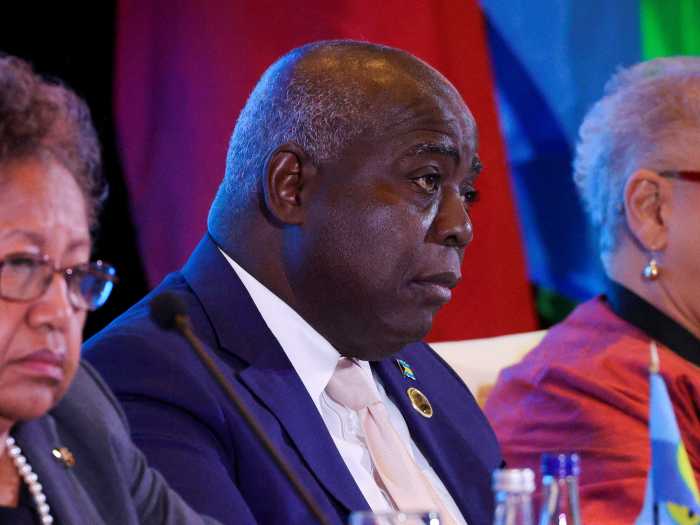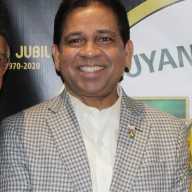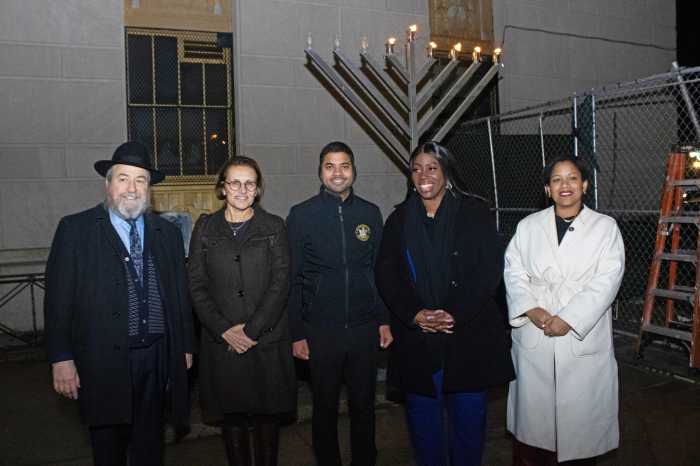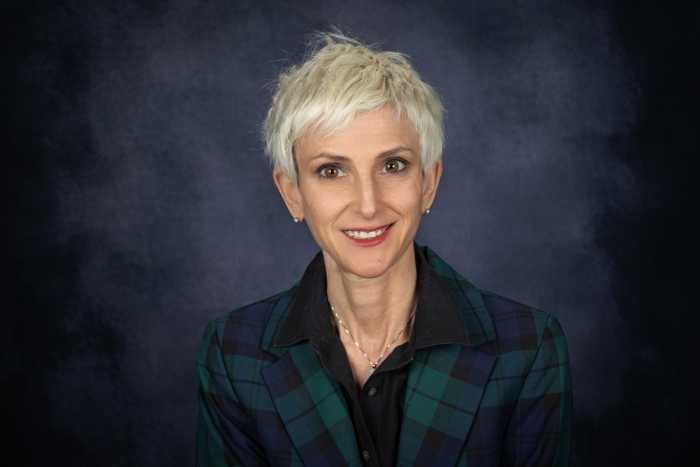It is not that they are opposed to signing off on free-trade agreements but the smaller Eastern Caribbean islands have always told governments in the 15-nation Caribbean trade bloc that they are reluctant to get into such deals because they simply have too little to gain by doing so.
Critics say that aptly explains why the nine-nation sub-grouping that includes island-nations such as St. Vincent and Antigua, have had no more than a lukewarm approach to negotiations with Canada for a free trade deal, in fear of ending up as a dumping ground for goods from a powerful and efficient producer like Canada.
Their apathetic approach to more than five years of negotiations for a free-trade deal between Canada and CARICOM clearly explains why the talks have stalled and why it has triggered fears that they two sides might not agree on a deal anytime soon, because Canada is way more poised to take advantage of tax-free export trade than a region made up largely of small island-nations with less than 150,000 citizens.
In the past week, bloc governments have written to Canadian Prime Minister Stephen Harper warning that Canadian “inflexibility” on several negotiating points could spell the death-knell for negotiations, even as both sides had set a June 2014 deadline to wrap up the talks, which have dragged on since 2009 when it began with much hope and fanfare of a mutually acceptable deal.
Bloc chairman, St. Vincent and the Grenadines Prime Minister Ralph Gonsalves, suggested in the letter to Harper that the state of play should be laid at the feet of authorities there “because Canada” continues to place the onus on the grouping of mostly small island-nations to show further flexibility” while calling on Canadian negotiators “to show flexibility in relation to a number of CARICOM’s key interests.”
As if they had to, governments in the region even bothered to remind Ottawa that there is a vast difference in geographic size, population and purchasing power when Canada is compared to all of the member states. Only Haiti, with close to nine million people and Jamaica, which is headed to three million, have any significant numbers to make for sensible discussion.
“In order to meet the June 2014 conclusion date, the ministers called on Canada to show flexibility in relation to a number of CARICOM’s key interests, taking into account the need to respect the principle of asymmetry and the differences in the levels of development and size between the two sides.”
To underpin the state of no ‘play’ at the moment, CARICOM and Canadian negotiators are yet to even set an agreed date for the latest round of talks since the last meeting in Jamaica in April. Officials said that there’s no indication of when the sides will meet again, because governments — as stated in the letter “are concerned at the lack of response to a request from CARICOM Chairman Ralph Gonsalves of St. Vincent for a meeting with the prime minister of Canada.”
Both sides had set a June deadline for completion of the talks that began way back in 2009.
The letter argued that Canada must take into “account the need to respect the principle of asymmetry and the differences in the levels of development and size between the two parties. Many of the states are experiencing severe fiscal imbalances,” the governments said, noting that “Canada has not yet responded to CARICOM’s requests for improvements” in reduction of tariff levels for some products.
























